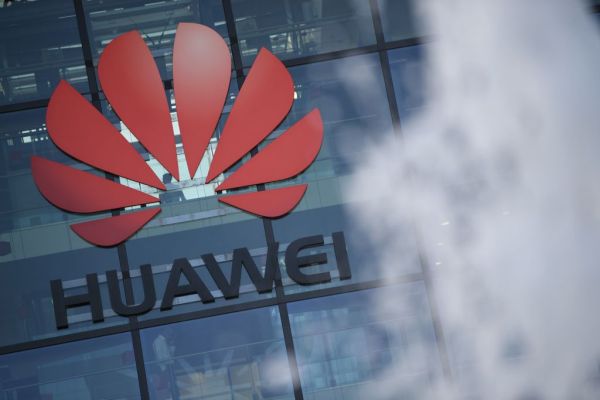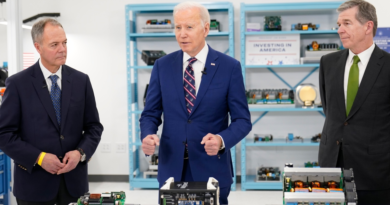US finds no evidence Huawei can mass produce advanced phone chips

The ability of Huawei — and China at large — to manufacture advanced chips amid U.S. sanctions has again come into question as conflicting claims arise.
The U.S. finds no evidence that the Chinese smartphone and telecom giant Huawei can produce smartphones with advanced semiconductors at scale, U.S. Commerce Secretary Gina Raimondo said on Tuesday.
The claim came two months after tech research firms suggested Huawei was poised for a return to the 5G smartphone industry by the end of this year.
The reports were soon reassured by Huawei’s launch of the Mate 60 Pro in late August. According to a device teardown by analysis TechInsights, the model is powered by a 7nm system-on-chip (SoC) designed by Huawei’s chip division HiSilicon and produced by China’s chipmaking giant SMIC.
“Discovering a Kirin chip using SMIC’s 7nm (N+2) foundry process in the new Huawei Mate 60 Pro smartphone demonstrates the technical progress China’s semiconductor industry has been able to make without EUV lithography tools,” said Dan Hutcheson, vice chair of TechInsights, in the report.
Nonetheless, Raimondo said during a U.S. House hearing that “we don’t have any evidence that they can manufacture seven-nanometer at scale.”
In 2019, the U.S. government added Huawei to an entity list that barred it from accessing high-end chipmaking tools from the U.S., citing national security concerns. The sanctions have decimated the Chinese behemoth’s handset business, forcing it to diversify revenue streams into less familiar areas such as IoTs and automotive.
The future of China’s advanced chipmaking industry was further shrouded in uncertainty after Oppo, another Chinese smartphone giant, disbanded its semiconductor unit as global smartphone shipments slowed down.


